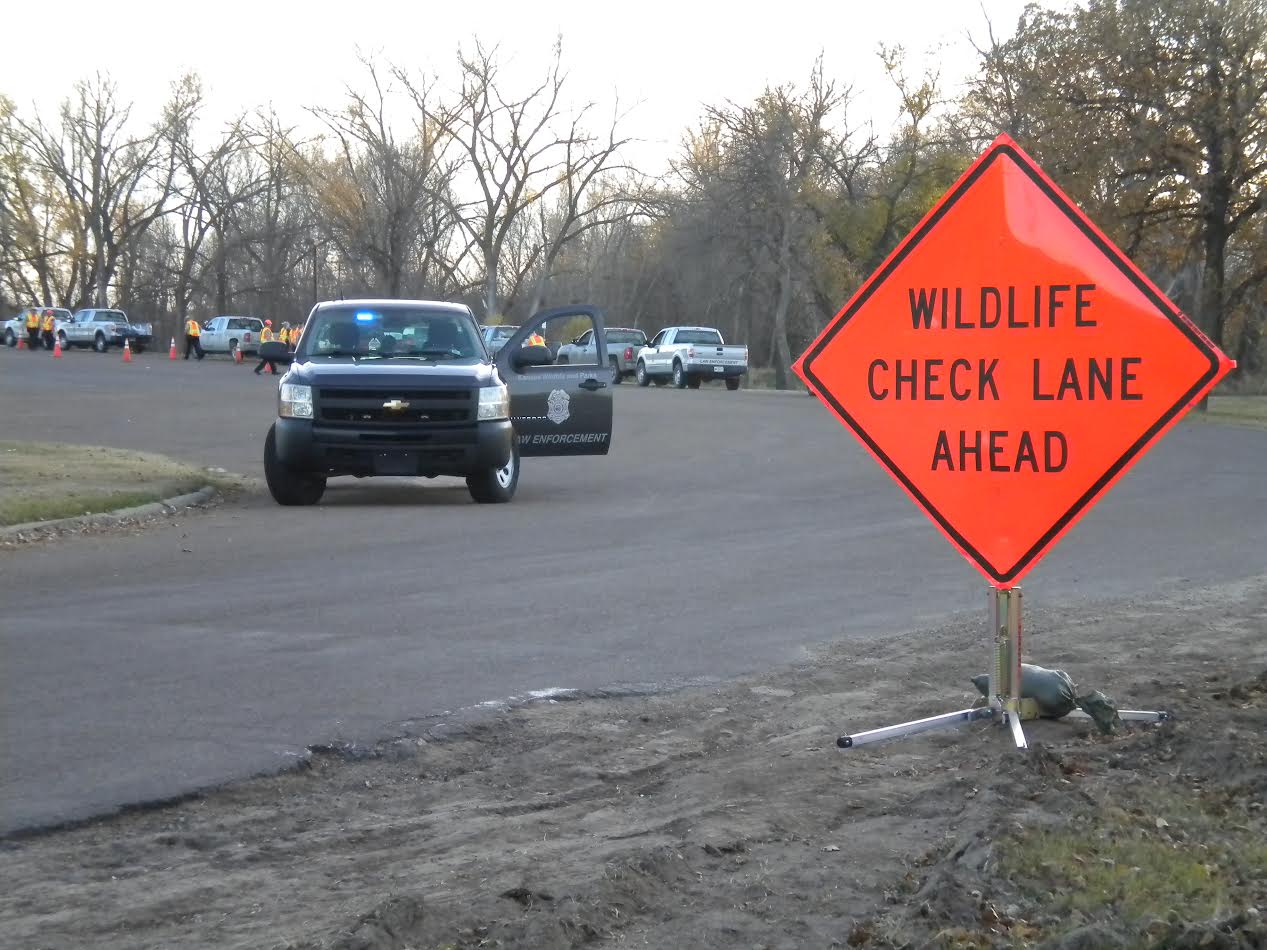By ANDY MARSO

ANDY MARSO / HEARTLAND HEALTH MONITOR
For Ashlyn Harcrow, the sound of the train whistle brings up all kinds of thoughts she’d like to avoid.
Harcrow, 24, has been living at the Topeka Rescue Mission since July. The nonprofit homeless shelter has helped her stabilize as she recovers from domestic violence and tries to improve her mental health amid post-traumatic stress disorder, depression and anxiety.
But the mission, at 600 N. Kansas Ave., is right next to the tracks. As trains rumble through north Topeka, they remind Harcrow that she’s thought about using those tracks to take her own life.
“All these trains that go by here,” she says, “it don’t help.”
Harcrow would like to leave the mission and get her own place. But it’s a financial impossibility until she gets her mental health on track so she can return to the workforce.
She recently signed up for the Supplemental Nutrition Assistance Program, or SNAP, which is commonly called food stamps. But she doesn’t qualify for any cash assistance that could help pay rent on an apartment or transportation to make sure she gets to her appointments at Valeo Behavioral Health Care.
“Since I don’t have any children or anything, I can’t get cash,” Harcrow says.
In Kansas, qualifying for welfare is hard — and it’s getting harder.
The state has no cash assistance program of its own, and the Legislature passed new restrictions on a federal program called Temporary Assistance for Needy Families, or TANF, for the second year in a row.
The new restrictions include stricter lifetime limits on benefits that will cause hundreds of families to lose their assistance on Jan. 1, 2017.
Gov. Sam Brownback and conservative Republicans in the Legislature who approved the law say it’s part of a larger strategy to move government away from cash assistance and toward employment help — with the governor frequently saying the best form of welfare is a good-paying job.
U.S. House Speaker Paul Ryan, a former Brownback aide, is pushing that philosophy at the federal level, and other Republican-led states are enacting similar TANF restrictions.
In a memo to fellow Republicans sent in February, Kansas Senate Majority Leader Terry Bruce called tightening welfare restrictions a political winner for the party.
But Bruce was ousted in the August primary election that saw a number of conservatives fall to more moderate challengers, and neither party has made anti-poverty programs much of an issue in general election campaigns.
The political discussion has shifted from the individual budgets of struggling Kansans to the state’s ongoing budget crisis.
Welfare rolls fall
When Brownback took office in January 2011, almost 39,000 Kansans received TANF, according to the Kansas Department for Children and Families, which administers the program.

CREDIT ANDY MARSO / HEARTLAND HEALTH MONITOR
By September 2016, that number had fallen nearly 70 percent, to about 12,000: 3,000 adults and 9,000 children who represent about 0.4 percent of the state’s population. The average TANF benefit for each family is about $260 a month.
Brownback’s administration has spearheaded a number of TANF restrictions that he says are aimed at breaking “cycles of dependency” on government programs and encouraging work instead.
That includes rolling back the lifetime limits, from 48 months to 36 months in 2016 and from 36 months to 24 months in 2017.
Last year’s bill resulted in about 200 families losing their cash assistance on Jan. 1, 2016. DCF estimates as many as 424 families, including 763 children, will lose their benefits when the new limits start in January 2017.
Barry Feaker, the executive director of the Topeka Rescue Mission, says it’s a relatively small number compared to the state’s total population, but for those families, losing TANF could hinder their ability to climb out of poverty.
“There have been individuals who have really seen that as an opportunity to use it to be able to move up, absolutely,” Feaker says. “Equally we’ve had people who don’t know how to move up, that’s the bigger concern.”
Feaker has been fighting poverty and studying its causes for 30 years as the leader of the rescue mission.
He says a growing body of evidence suggests that generational poverty has a biological component — that children who spend their earliest years in families stressed by poverty suffer setbacks in brain development that affect them the rest of their lives. That’s why the rescue mission is building a $12 million “Children’s Palace” to provide day care for homeless kids age 5 and under.
Feaker says the rescue mission encourages poor families to use TANF as a short-term “insurance policy” to alleviate some of their stress during tough financial times.
He says from that standpoint, the state’s time limits make sense, but only when coupled with robust transitional programs to help get people into the workforce. Otherwise, he says, just kicking families off the rolls is a gamble.
“If you’ve never had a successful employment situation in your life … what’s going to change that?” Feaker says.
HOPE Act
Brownback administration officials say their TANF job programs are working, citing 40,000 employments since 2011. Supporters call the programs the Hope, Opportunity and Prosperity for Everyone, or HOPE, Act.
Theresa Freed, a spokeswoman for DCF, provided several examples of former TANF clients who transitioned to the workforce and signed waivers allowing the agency to discuss their cases. They included:
- Donald Hoadley, a 30-year-old Topeka man who got a part-time job at a car wash paying $8.50 an hour and was soon getting full-time hours by making himself available to fill in for co-workers who didn’t show. According to DCF, in less than a month, Hoadley’s employer had moved him into a managerial position at a different location that would include a raise after he finished his training. DCF reported providing Hoadley with job training and transportation. Multiple calls to a number the agency provided for Hoadley yielded an electronic message stating the phone user could not be reached and no voicemail was set up.
- Duane Greathouse, a 43-year-old Newton man who in March got a full-time job at a truck stop paying $9 per hour. Agency officials reported helping Greathouse with transportation and his resume and working with several charities to get Greathouse clothing, a bicycle and a bicycle lock. A man who answered the phone at a number the agency provided for Greathouse said it was the wrong number.
- Charisa Ullrich, a 38-year-old Pittsburg woman who got a full-time job at a plastics manufacturer that pays $9.50 per hour. DCF reported that Ullrich participated in the agency’s Generating Opportunities to Attain Lifelong Success, or GOALS, program and agency staff helped her get clothing and steel-toe boots for the job. A number provided for Ullrich resulted in an electronic message stating the call could not be completed as dialed.
GOALS is available to Kansans who receive food assistance, a far larger group than those who qualify for TANF. It provides career counseling, plus help with transportation and child care.
Heartland Health Monitor partner KHI News Service was unable to reach the three former TANF clients for comment on the GOALS program.
DCF also has established a mentoring program to help Kansans transition from TANF that is modeled on a program to help inmates leaving state prisons.
“The Kansas HOPE Act is the most comprehensive welfare reform in the nation,” DCF secretary Phyllis Gilmore said in a June 30 news release. “Our solution is not as quick as handing someone cash, but our answer to poverty is much more effective. We are breaking the cycle of poverty through employment. It’s good for our clients and it’s good for Kansas taxpayers, who continue to overwhelmingly support welfare-to-work policies.”
But a study by the Center on Budget and Policy Priorities found that Kansas is among a number of states that diverted most of their TANF dollars to purposes other than basic assistance or employment help.
TANF is a federally funded program administered by the states. States must provide some matching funds — known as “maintenance of effort” — to continue receiving the federal dollars
The state has used TANF dollars for a variety of programs, but the biggest chunk — almost 30 percent in 2015 — went to the state’s earned income tax credit — a refundable credit that low-income workers can claim on their income tax returns. All of that 30 percent came from the state’s matching funds.
As the state’s TANF rolls continue to decline, overall poverty rates have not changed at nearly the same rate.
The Kansas poverty rate dropped from 13.8 percent in 2011 to 13.0 percent in 2015 and has stayed consistently in the middle of the pack compared to other states, according the U.S. Census Bureau.
While about 377,000 Kansans continue to live in poverty — which is annual income below $11,880 for an individual and $24,300 for a family of four — their options for government help are limited.
TANF serves only families with children. Some states also provide their own cash assistance programs for childless adults like Ashlyn Harcrow, but Kansas is not among them.
Harcrow’s future
Harcrow used to work as a certified nursing assistant at a nursing home in Nebraska and had her own apartment. But that was before she started watching her grandpa die.
She found it hard to go to work every day and help residents whose health was similarly failing because of what she was going through with her grandpa.
“He chose not to let me be homeless,” she says, choking up. “He had helped me out with bills.”
After her grandpa died, Harcrow told her then-boyfriend that she needed out — out of her job, out of their town, out of the life she had at the time.
They moved to Topeka. When he became abusive, she had no family to turn to.
“My grandma and grandpa are gone,” Harcrow says. “My mom, she lives about 12 hours away from here. I don’t have the support that is needed.”
Harcrow escaped the relationship and is looking to get back on track with the help of the staff at the rescue mission.
But she has found it challenging to get help from the government safety net.
Her application for SNAP, which is easier to qualify for than TANF, was recently approved. She received $118 in food assistance in October and $194 in November.
She says she’d have to use some of it at gas stations because there’s no grocery store within a mile of the rescue mission, and the city bus is her only transportation. But she says being able to buy her own food is still a major relief.
“Having the food stamps … it’s helping me out a lot to feel more positive about myself,” Harcrow says.
Harcrow says her mental health and ability to control her emotions is still the main obstacle to getting and keeping a job, and her treatment at Valeo is limited because she has not been able to get on Medicaid.
Kansas Medicaid, or KanCare, is restricted to children, parents, the frail elderly, people with disabilities and pregnant women who meet certain income limits.
Brownback and Republican legislators have rejected Medicaid expansion under the Affordable Care Act, which would have extended coverage to other low-income Kansans like Harcrow with the federal government paying no less than 90 percent of their enrollment.
Harcrow says she’s working with an attorney to apply for a federal disability designation based on her mental illnesses that would allow her to qualify for Medicaid. It also could help her qualify for federal Supplemental Security Income payments.
She won’t qualify for TANF, but she says if she did, she’d use the money to get away from the train tracks.
“It would help me out quite a bit,” Harcrow says. “I’d put it toward getting out of here and getting in a home and having my own place to help me out.”
Andy Marso is a reporter for KHI News Service in Topeka, a partner in the Heartland Health Monitor team. You can reach him on Twitter @andymarso
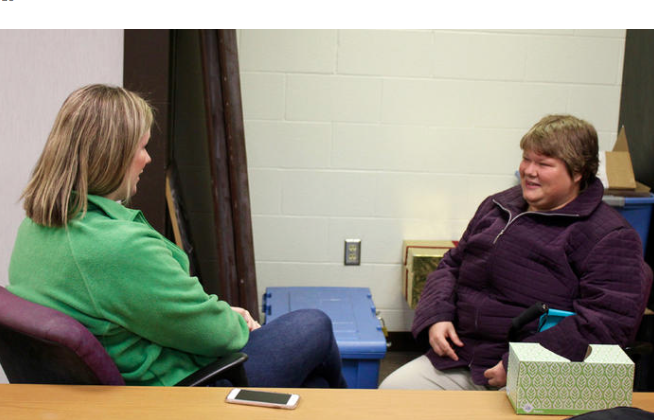
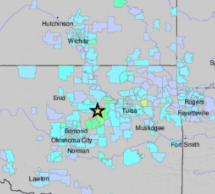

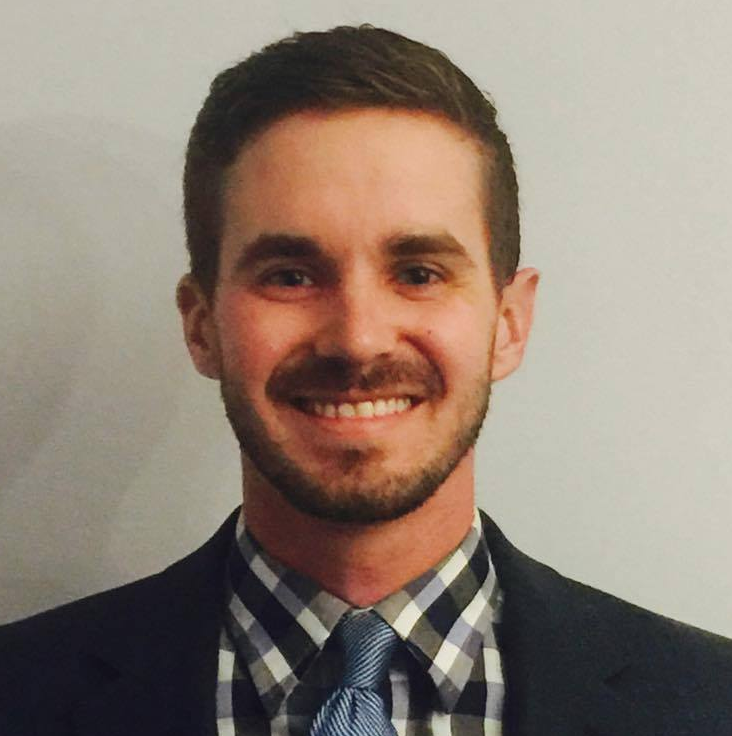





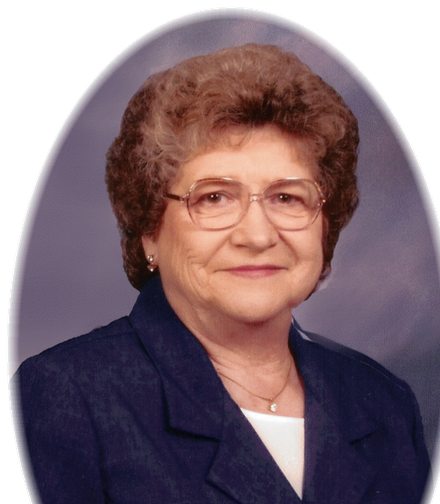

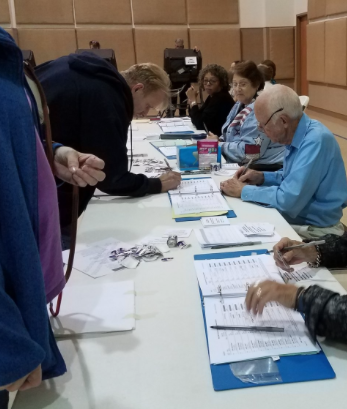
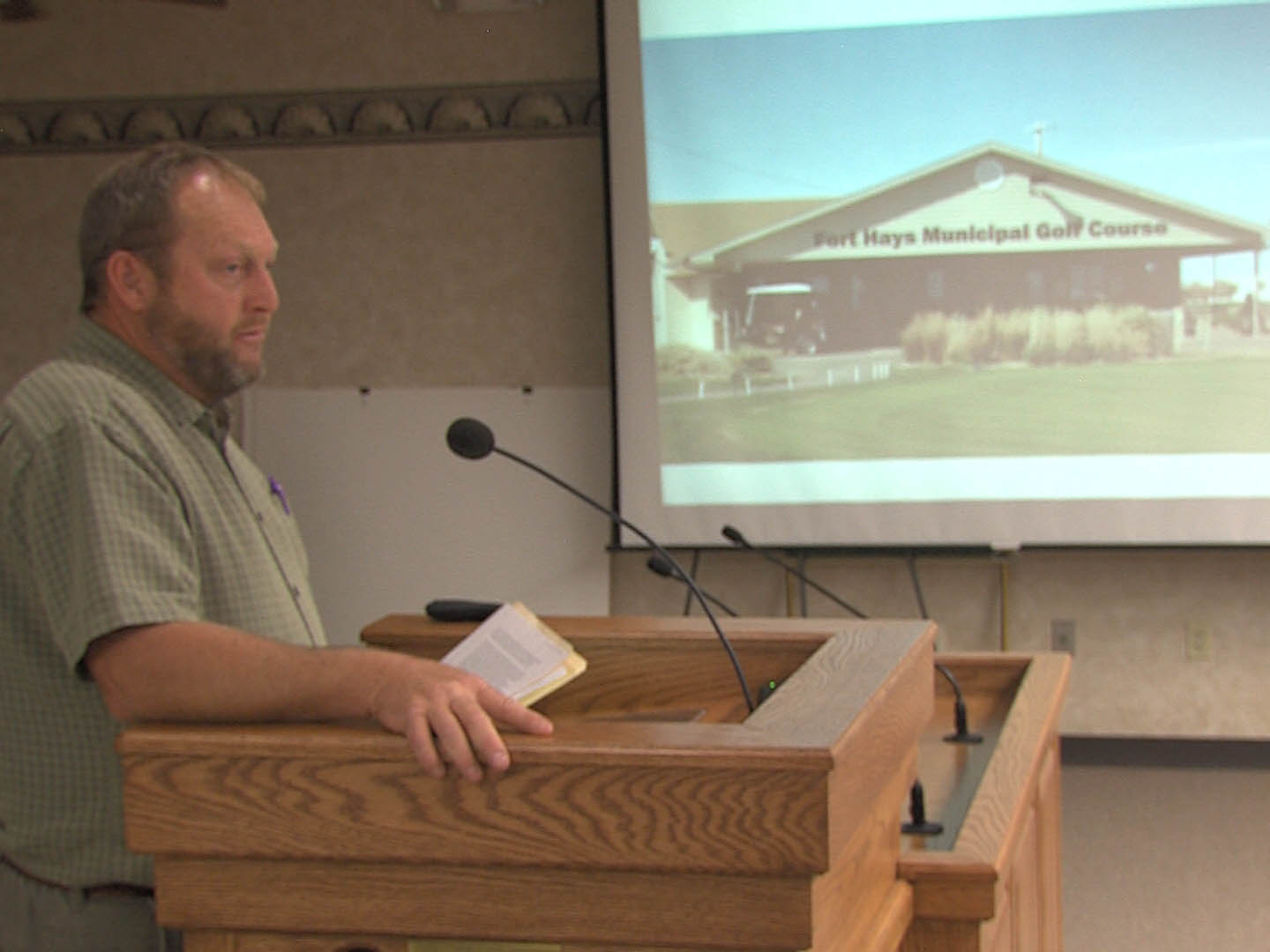

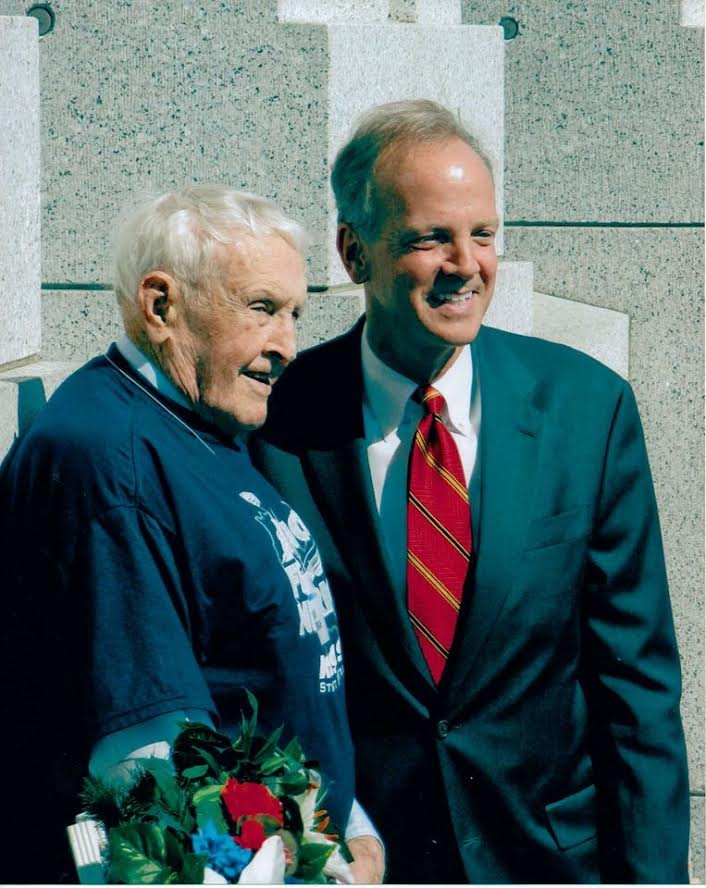

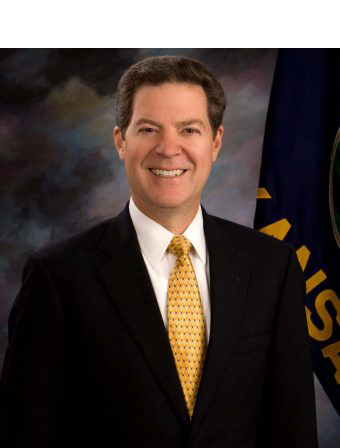


 FHSU University Relations and Marketing
FHSU University Relations and Marketing